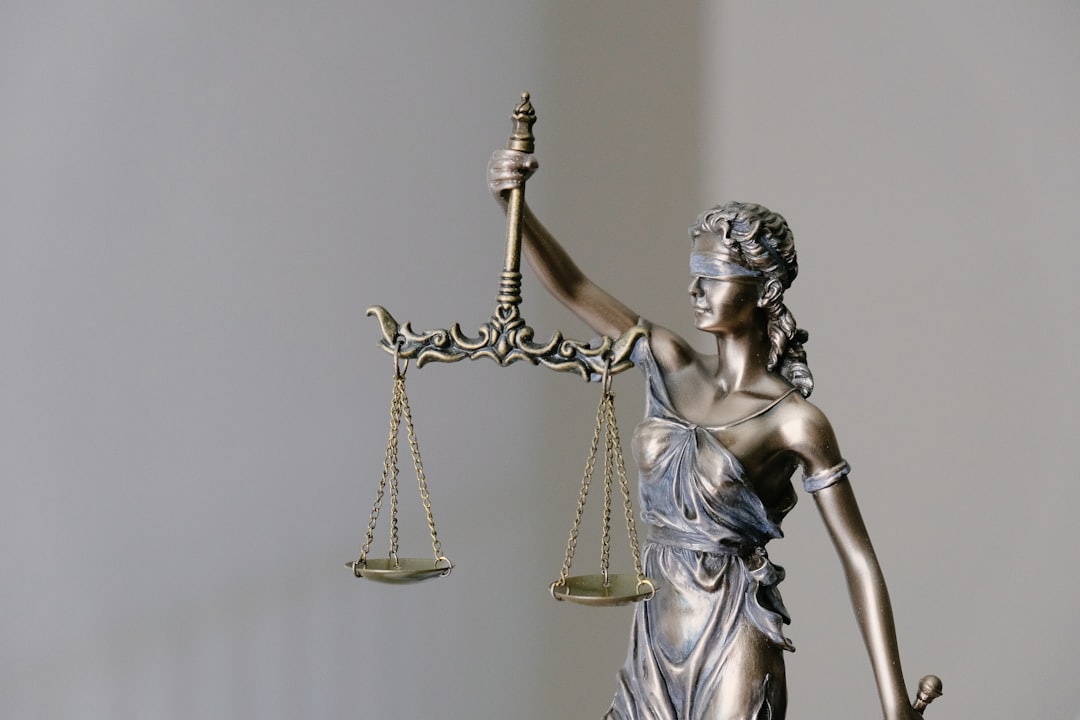In Colorado, strict mandatory reporting laws protect students from sexual abuse in schools, with teachers, administrators, and counselors required to report suspected incidents. A specialized school abuse law firm in Colorado navigates this system, offering guidance, advocating for victims' rights, and ensuring a safe learning environment for all students, while upholding their well-being and privacy.
In Colorado, mandatory reporting laws for sexual abuse in schools are stringent, designed to protect students and foster a safe learning environment. This article explores the intricacies of these laws, focusing on understanding the obligations of educational institutions and professionals under the law. We delve into the impact on school communities, students’ well-being, and the crucial roles played by staff members. For parents and educators alike, navigating Colorado’s school abuse law firm is essential to ensure compliance and promote a culture of safety.
Understanding Colorado's Mandatory Reporting Laws

In Colorado, protecting students from sexual abuse within educational institutions is taken very seriously. The state has implemented mandatory reporting laws that require specific individuals, such as teachers and school administrators, to report suspected instances of child sexual abuse to the appropriate authorities. These laws are designed to ensure that potential cases of school abuse are addressed promptly and effectively.
A school abuse law firm in Colorado can provide valuable guidance on these requirements. Under the mandatory reporting laws, educators and staff members must act swiftly when they have reasonable cause to suspect a student is a victim of sexual abuse or exploitation. Failure to comply with these regulations can result in serious consequences, including legal repercussions. Understanding these laws is crucial for maintaining a safe learning environment for all students.
The Impact on School Communities and Students

The implementation of mandatory reporting laws for sexual abuse in schools has had a profound impact on Colorado’s educational landscape. These laws, designed to protect students and foster a safer environment, have empowered both students and staff to speak out against potential or experienced abuse. As a result, school communities have become more attuned to recognizing signs of abuse and responding appropriately. This heightened awareness has led to increased support systems for victims, improved policies, and training programs aimed at prevention and intervention.
The effects ripple through every layer of the school system. Students feel a greater sense of security knowing that their voices will be heard and that potential abusers can be held accountable. Teachers and staff members are better equipped to handle sensitive situations, ensuring that students receive the necessary support and guidance. This proactive approach not only helps individual victims but also contributes to creating a culture of respect, consent, and overall well-being within Colorado’s school abuse law firm communities, ultimately shaping a safer future for all students.
Roles and Responsibilities of School Staff and Professionals

In Colorado, the mandatory reporting laws for sexual abuse in schools are clear and stringent, designed to protect students and ensure accountability. School staff and professionals play a crucial role in this process. Teachers, administrators, counselors, and other employees are required by law to report suspected instances of child sexual abuse directly to designated authorities. This includes local law enforcement or the Colorado Department of Human Services. Their responsibility extends beyond reporting; they must also create and maintain a safe learning environment, recognize potential signs of abuse, and refer students for necessary support services.
A school abuse law firm in Colorado can guide both staff and victims through this complex system. These professionals help ensure that everyone involved understands their rights and responsibilities under the law. They advocate for the victim, facilitate communication between schools and authorities, and provide legal counsel to protect the interests of all parties, especially the well-being and privacy of the student.






